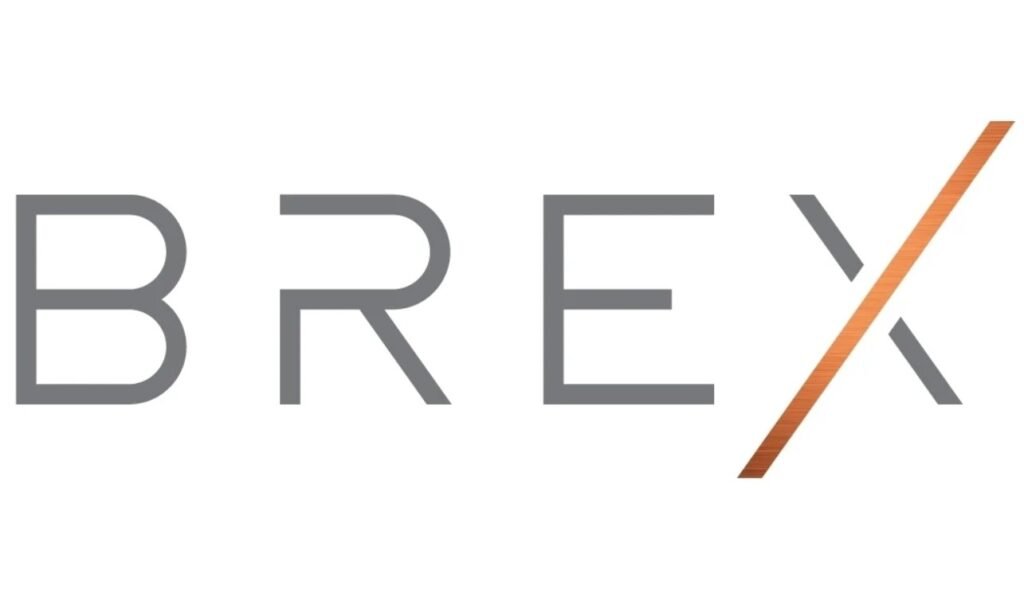Brex, the fintech startup that offers corporate credit cards and financial management tools, announced on Friday that it is laying off 20% of its staff, or about 230 employees, across all departments. The move comes after reports of Brex’s stalled growth and high burn rate in the past year.
In an internal memo obtained by Bloomberg, Brex’s cofounder and co-CEO Henrique Dubugras said that the company had grown too fast and too complex, creating too many layers of management and bureaucracy. He also said that Brex had failed to meet its revenue and customer acquisition goals in 2023, and that its expenses had exceeded its income by a large margin.
Dubugras said that the layoffs were necessary to streamline the company and focus on its core products and markets. He also said that Brex would provide generous severance packages and outplacement support to the affected employees, and that the remaining staff would receive equity grants and salary increases.

Brex’s valuation and funding history
Brex was founded in 2017 by Dubugras and Pedro Franceschi, two Brazilian entrepreneurs who dropped out of Stanford University. The company initially targeted startups and small businesses that struggled to get credit cards from traditional banks, and later expanded to other sectors such as e-commerce, life sciences, and crypto.
Brex raised over $1.2 billion in funding from investors such as Y Combinator, Kleiner Perkins, Greenoaks Capital, and Tiger Global Management. In June 2023, Brex reached a valuation of $12.3 billion after a $300 million Series E round led by Coatue Management. At the time, Brex claimed to have over 10,000 customers and $1 billion in annualized revenue.
Brex’s challenges and competition
Brex’s rapid growth and high valuation also came with challenges and competition. In 2020, Brex faced a backlash from some customers who accused the company of slashing their credit limits without warning amid the Covid-19 pandemic. Brex said that it had to adjust its risk models to protect its business and that it had communicated the changes to its customers.
Brex also faced increasing competition from other fintech startups that offered similar products and services, such as Ramp, Divvy, Airbase, and Stripe. Some of these competitors claimed to have lower fees, better rewards, and more transparency than Brex. Brex tried to differentiate itself by launching new features and partnerships, such as Brex Cash, Brex Premium, and Brex Rewards.
Brex’s future plans and outlook
Despite the layoffs, Brex said that it remains optimistic about its future and that it has a strong cash position and a loyal customer base. Brex said that it plans to focus on improving its existing products, expanding its international presence, and acquiring new customers in its target segments.
Brex also said that it hopes to become profitable and sustainable in the long term, and that it will continue to invest in innovation and growth. Brex said that it aims to become the leading financial platform for businesses of all sizes and stages.
